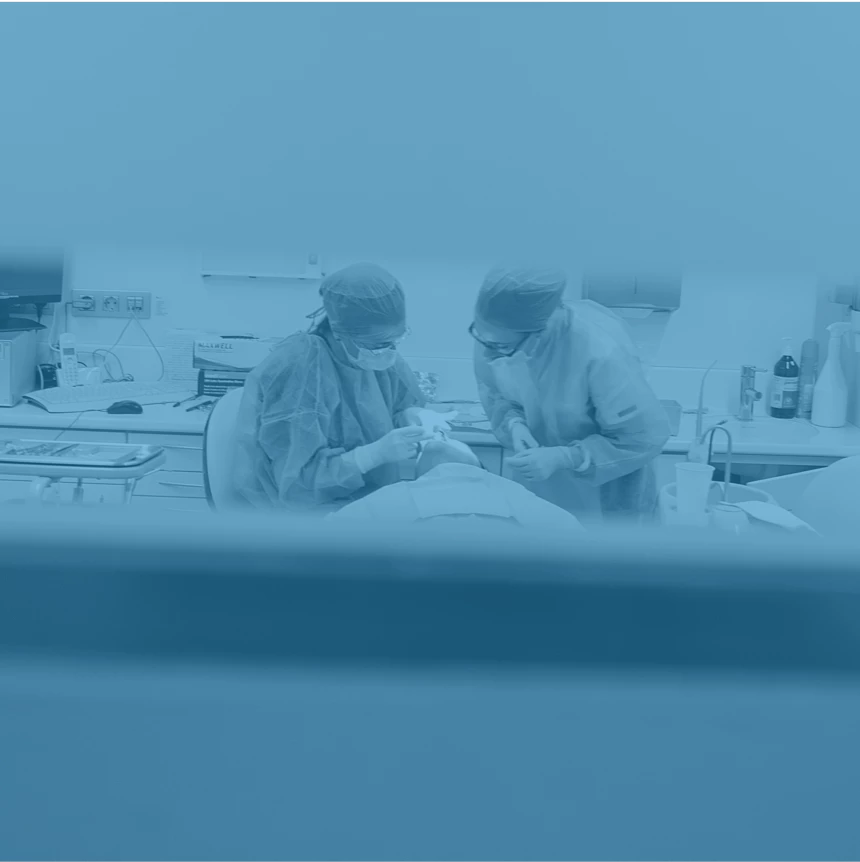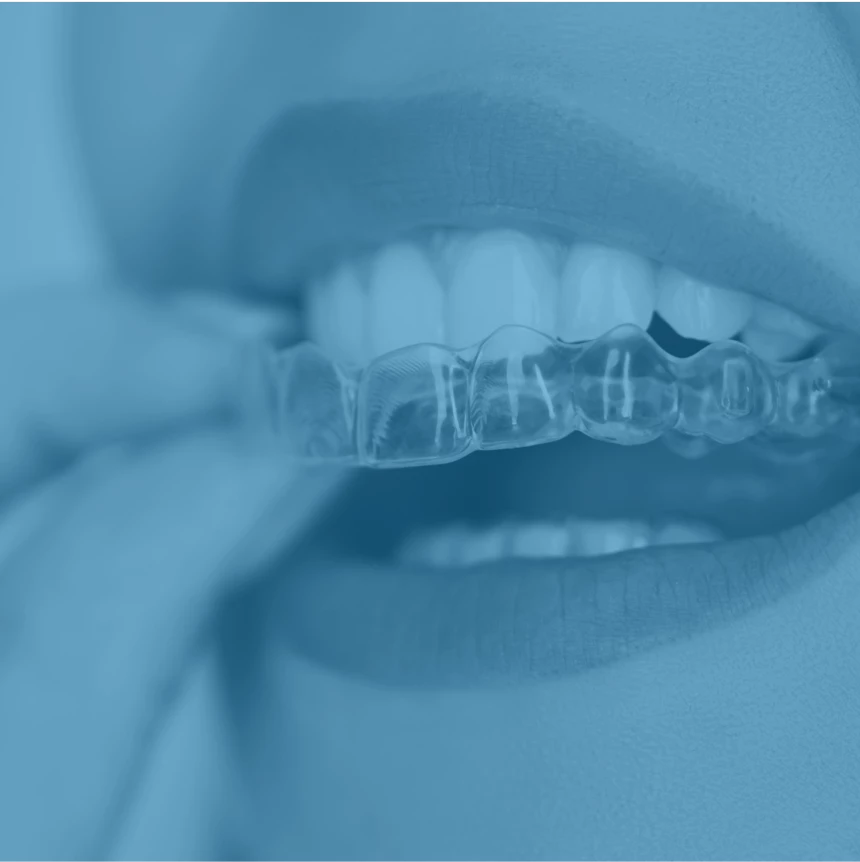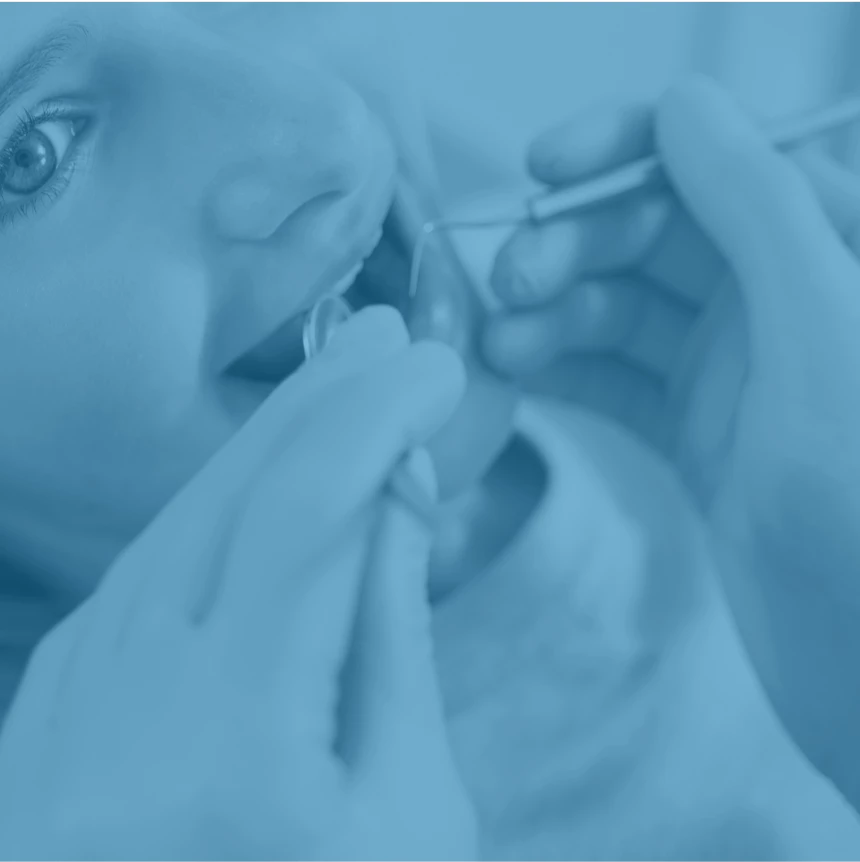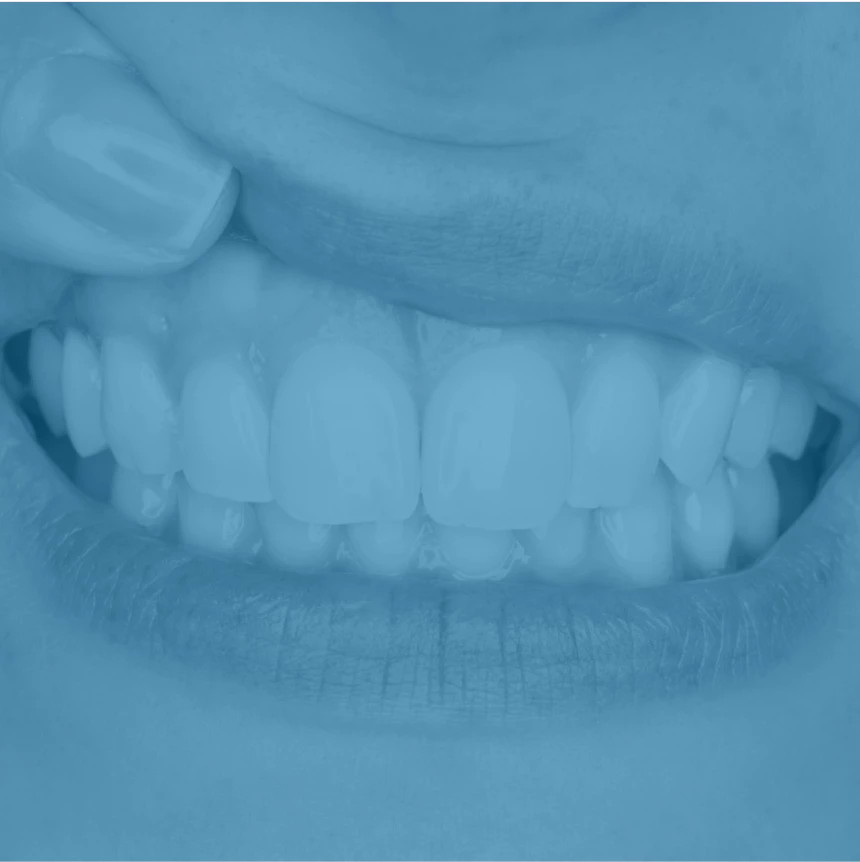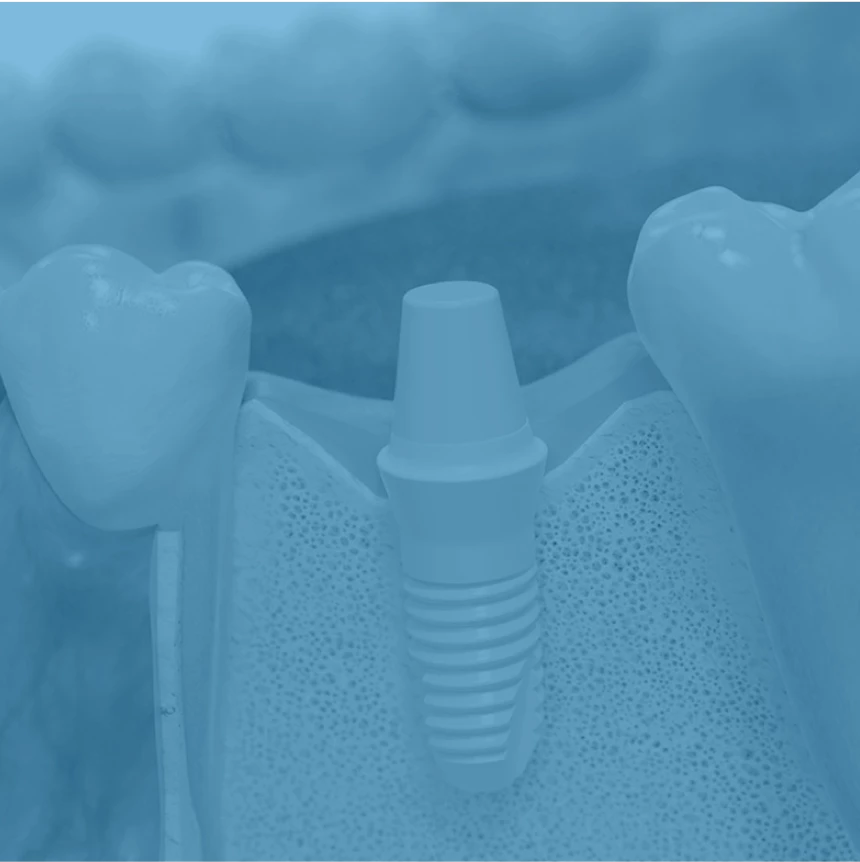
FAQ
Welcome to our Frequently Asked Questions section (FAQ). Learn more about some of our treatments or about our Clinic. Do you need more details? Contact us and we will be happy to help you!
Dental Association of Disabilities Aid (ADADI)
The Dental Association for Disability Assistance, created in 2006 to guarantee adequate care for patients with special needs (physical and/or psychic). We have the facilities adapted to be able to be served with the best conditions, as they deserve: wheelchair, bunk bed, conscious sedation…
Implants
What exactly are implants?
Dental implants are an imitation of the natural roots of the teeth, made of titanium, titanium or ceramic alloy (zirconia). Like the natural root, the implant is embedded in the maxillary bone and serves as a support for future teeth. The new dental pieces are fixed to the artificial root, with firmness and softness. The appearance of the implant is very natural and pleasant, being the improvement that we have today to replace the lost teeth.
How do I know I need an implant?
When one or more teeth has been lost, regardless of the causes of the loss, they must rest. It can also be suitable to replace damaged teeth and cannot be recovered. The implants offer good results after more than 50 years of clinical history.
In addition, thanks to implants, it is possible to prevent the bone of the jaws from losing volume and damaging other tissues that deteriorate the appearance of the face, causing an aged appearance or the formation of wrinkles.
If my maxillary bone is so small that it does not allow an implant, what solution is there?
For these cases there are different alternatives, including bone regeneration, from bone and/or ginger grafts, with bioengineering techniques, zygomatic or subperiostic implants. Thanks to advances in implantology, bone rehabilitation has a very high success rate.
Will teeth be durable and natural?
The duration of implants is the same as that of natural teeth. The teeth placed by dental implants will look like your own, since it is not only the objective of implantology to recover functionality, but aesthetics play a fundamental role in the comfort and self-esteem of the patient. The results will surprise you.
Orthodontics
Should the children be taken to the orthodox? Is it not enough for a dentist to review it?
The best thing is to make a first visit when the child already has a tooth. In this way, he is already familiar with the dentist and with the care of his teeth. Some dental and/or skeletal malformations can already be treated at a very early age. From the age of 8 years, when the definitive upper and lower incisors have already been developed, the visit is already very important. This control visit can help diagnose any problems that may arise and correct it at the beginning.
What is the ideal age to start orthodontic treatment in children?
There is no ideal age. Treatments with amovable aparatology can start from 8 years or so. Treatments with fixed devices can be used once the child has definitive teeth.
The aim of these treatments is to move all the teeth to their correct position, so that the bite is correct.
What advantage do transparent aligners have over traditional brackets?
In addition to continuous oral hygiene and, sometimes improved, it is easier to carry an active lifestyle with transparent aligners than with metal or transparent bracket-fixed aparatology. The treatment of transparent aligners consists of a series of practically invisible and removable aligners that are exchanged every two weeks approximately for a new aligner game. Each of them is made specifically for your teeth and only for your teeth.
Since the devices are removable, you can play sports, play musical instruments and, in general, facilitate all daily activities in a normal way. They must be removed at the time of eating, washing their mouth before putting them back.
Can adults wear orthodontics?
There is no age limit to start orthodontic treatment. All the time is good to improve your dental health and aesthetics with orthodontics.
Periodontics
Is it normal that my gums are bleeding?
NO. The bleeding of the gums is not normal and may be a symptom of the gum not sticking to the teeth as it should be. When this happens, the gum does not fulfill its function of isolating the bone from the outside, leading to a possible progressive contamination or destruction of the bone. The consequence, in the medium-long term, is the loss of teeth. This is what is called periodontitis.
What diseases does periodontics treat?
The main diseases that treat periodontics are gingivitis and periodontitis. Periodontitis is a disease that affects the bone and gum. Gingivitis is the inflammation of the gums.
Are periodontal diseases very common?
Gingivitis is one of the most common diseases of the human being, being very common at any age (75% in young people between 20 and 25 years old).
Periodontitis is rarer in young people and adolescents, although its frequency increases with age (about 10% at 30-40 years and 25-30% at 50-60 years).
